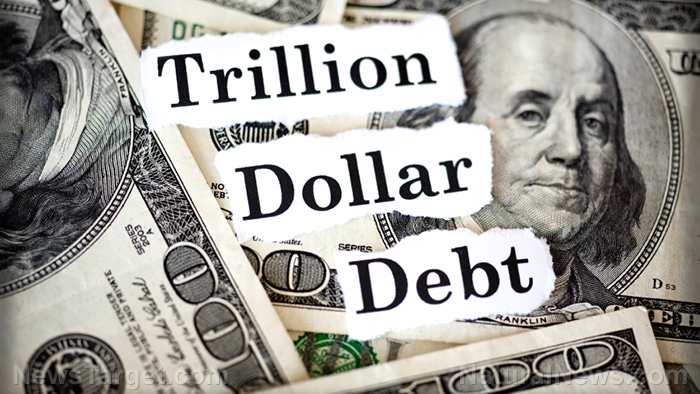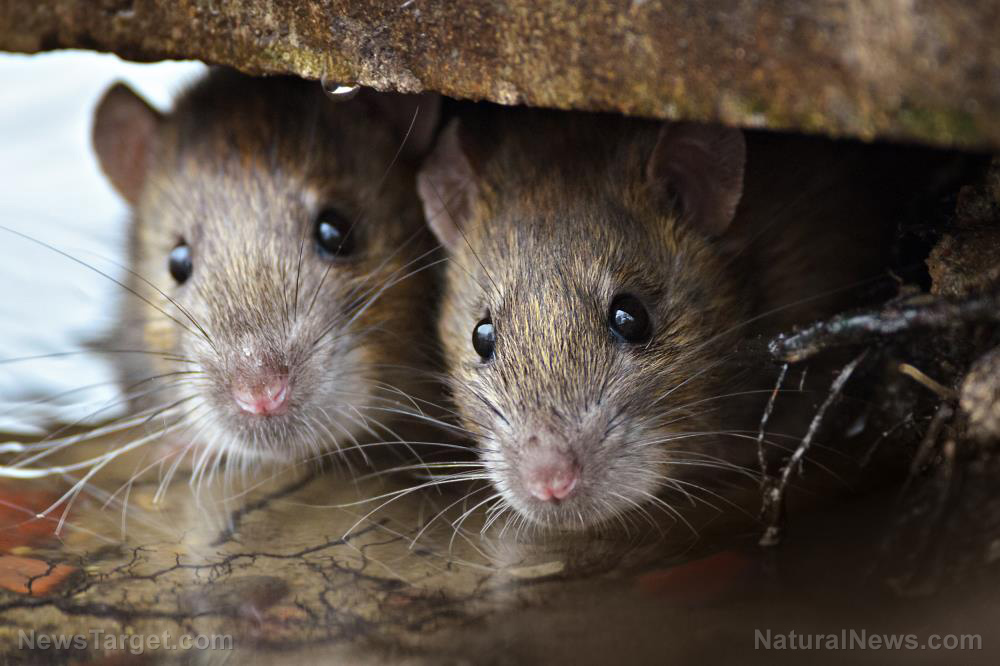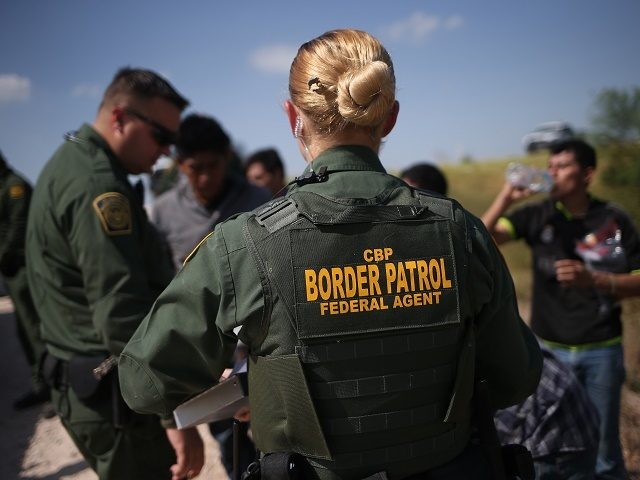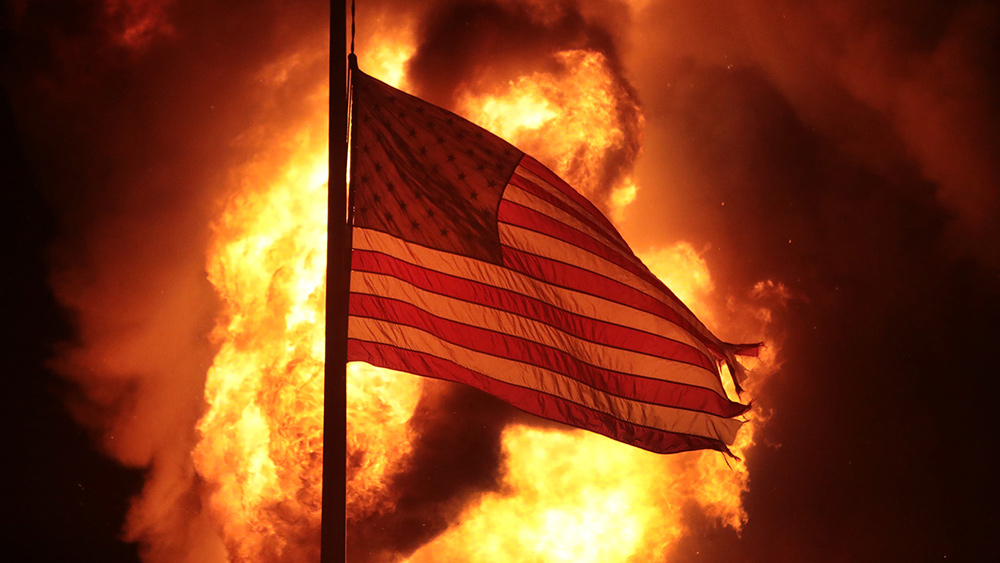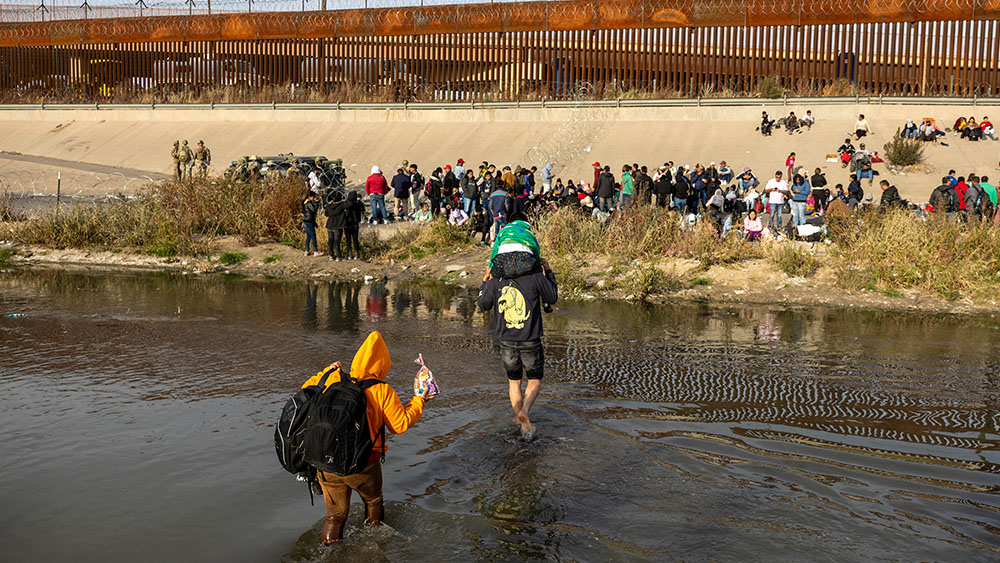Analysts warn: Net zero movement to cause SPIKES in food prices and drive farmers out of business
02/20/2024 / By Laura Harris

Analysts have warned that the net zero movement will drive food prices even higher and small farmers out of business.
Farming requires large investments in heavy equipment and operating costs, especially during the time between planting crops or raising animals and selling them in the market. So, some farmers claim that net zero policies could hurt smaller farms more than bigger ones. They argue that smaller farms might struggle with the added costs, which may lead to fewer producers in the food industry.
A recent report by the pro-free market think tank the Buckeye Institute titled “Net-Zero Climate-Control Policies Will Fail the Farm” projects that farmers will experience a minimum 34 percent increase in costs due to net-zero emissions policies and corporate Environmental, Social and Governance (ESG) reporting requirements.
For instance, net zero mandates will increase the costs for a 700-acre corn farm in the U.S. from $192,000 to $257,000. Consequently, this increase is expected to raise the household grocery bill for an American family of four by over $1,300 annually.
Rea Hederman, the executive director of the economic research center at the Buckeye Institute, stated that the public should understand the domino effect of raising costs for farmers.
“It’s important for people to understand that when you’re raising costs to farmers, that is being passed on to consumers of food, and some types of food are going to be impacted more. So for example, beef is going to go up more than oranges because if you’re raising the cost of corn, that’s an input to beef, so beef suffers a double whammy,” Hederman explained. (Related: Food tyranny: NYC to monitor household food consumption as biotech companies take over food production.)
Data from the Federal Reserve supported Hederman in his claims. The data reveals that the average price of ground beef has already increased from $3.97 per pound in January 2021 to $5.03 per pound in January 2024.
ESG criteria could badly impact farming
Agriculture officials from 12 U.S. states have sent letters to major financial institutions, including JPMorgan Chase, Citibank, Bank of America, Wells Fargo, Goldman Sachs and Morgan Stanley, urging them not to impose net zero criteria on farmers.
These banks are members of the United Nations’ Net Zero Banking Alliance and have committed to the UN’s net-zero goals through their loan portfolios. Farmers fear that stringent ESG criteria could disproportionately impact farming.
Fortunately, JPMorgan Chase has clarified that it does not have an agriculture emissions intensity reduction target and emphasized that it makes its banking, lending and underwriting decisions independently.
However, the administration of President Joe Biden has recommitted the U.S. to the UN Paris Climate Accord, which seeks to cut greenhouse gas emissions by up to 52 percent by 2030 and achieve economy-wide net-zero emissions by 2050. Former President Donald Trump withdrew from the agreement in 2017.
“After recommitting the United States to the net-zero climate-control agenda, the president and Congress revived significant misguided features of the once-failed ‘Green New Deal’ through the Inflation Reduction Act. These federal initiatives and requirements will prove expensive and economically destructive here – just as they have been in Europe,” stated the Buckeye Institute report.
Visit FoodRationing.news for more stories related to food shortages and rationing.
Watch this video about how lab-grown meat gets closer to Americans’ dinner tables.
This video is from the SILVIEW.media channel on Brighteon.com.
More related stories:
Food price inflation hitting world’s poorest countries the hardest.
FOOD COLLAPSE: UK supermarkets rationing vegetables as food shortages worsen.
U.S. food banks grapple with strained donations as people battle FOOD INFLATION.
Food prices soar as countries rush to hoard food amid worsening pandemic.
Sources include:
Submit a correction >>
Tagged Under:
agriculture, big government, Bubble, chaos, climate agenda, climate change, Collapse, economic riot, finance riot, food collapse, food inflation, food prices, food supply, green living, green tyranny, hunger, Inflation, insanity, money supply, organic farming, panic, products, rationing, risk, scarcity, starvation
This article may contain statements that reflect the opinion of the author
RECENT NEWS & ARTICLES
COPYRIGHT © 2017 CHAOS NEWS






